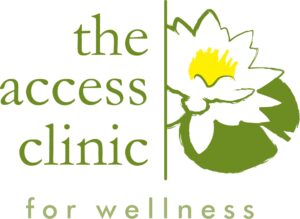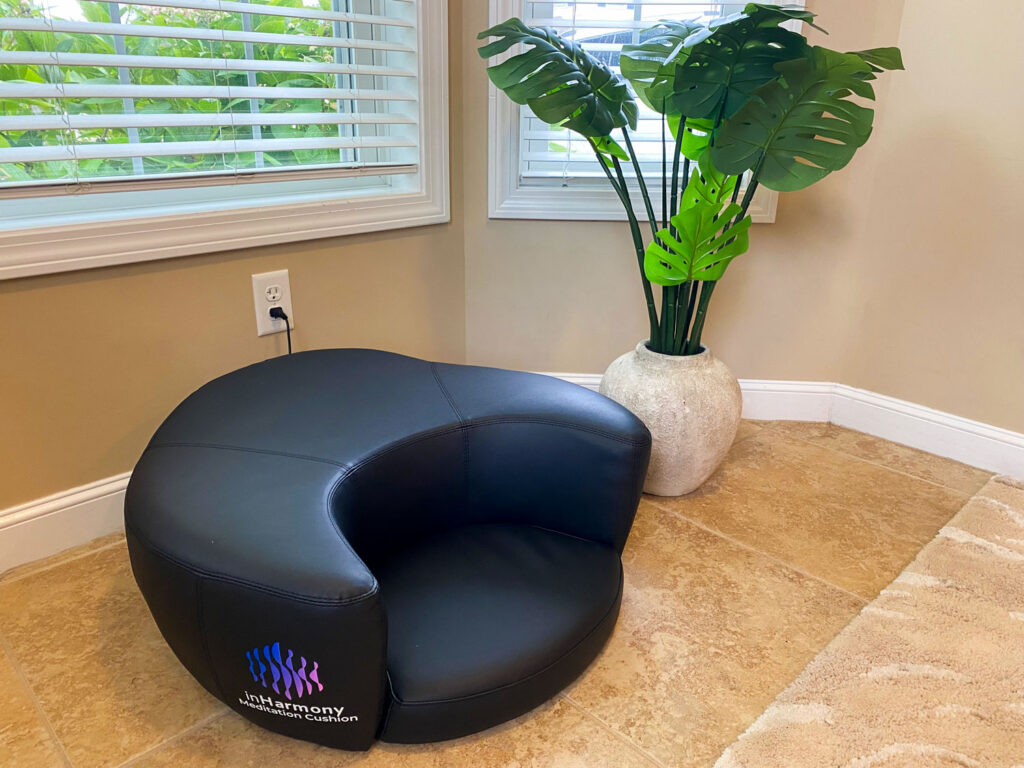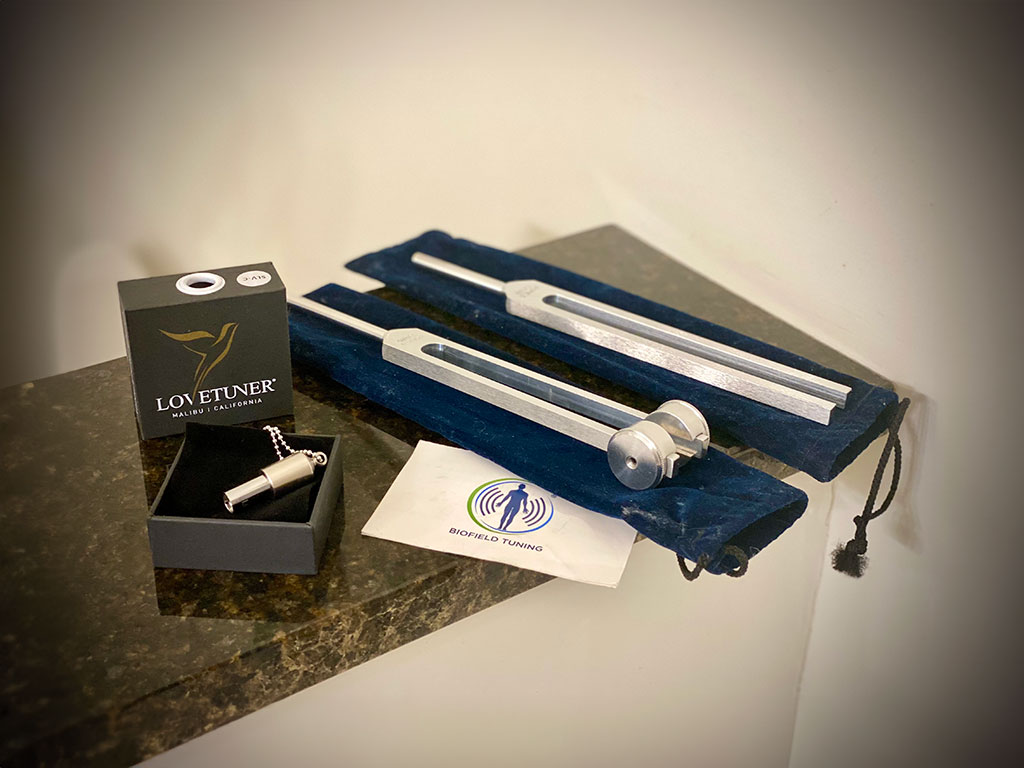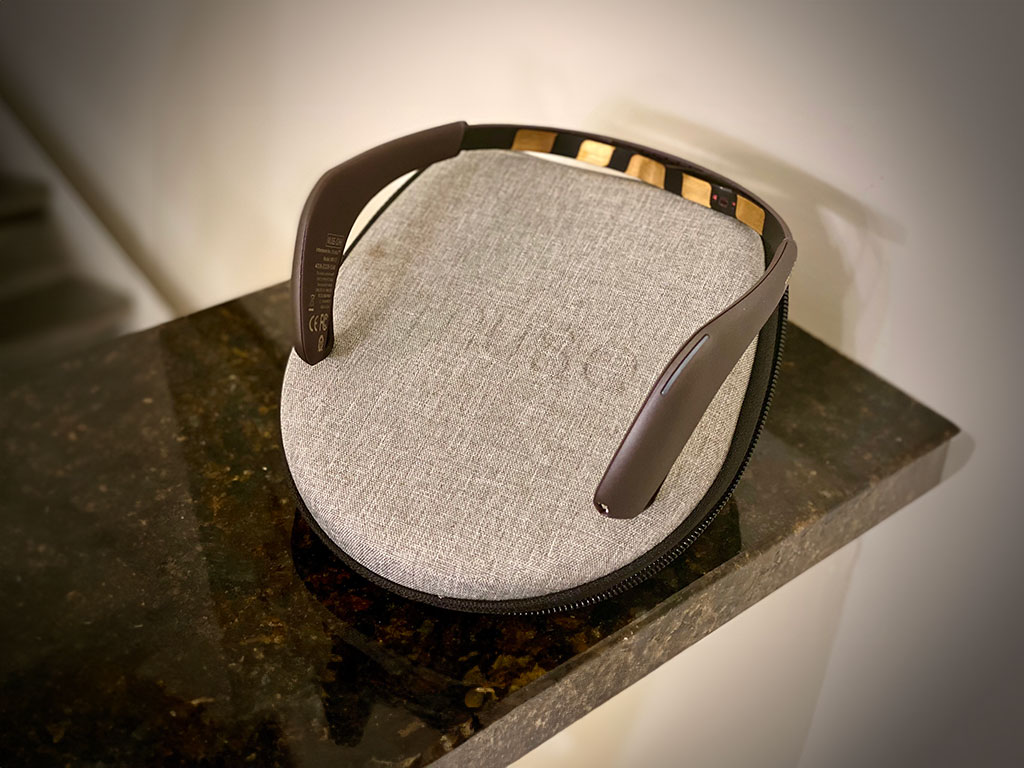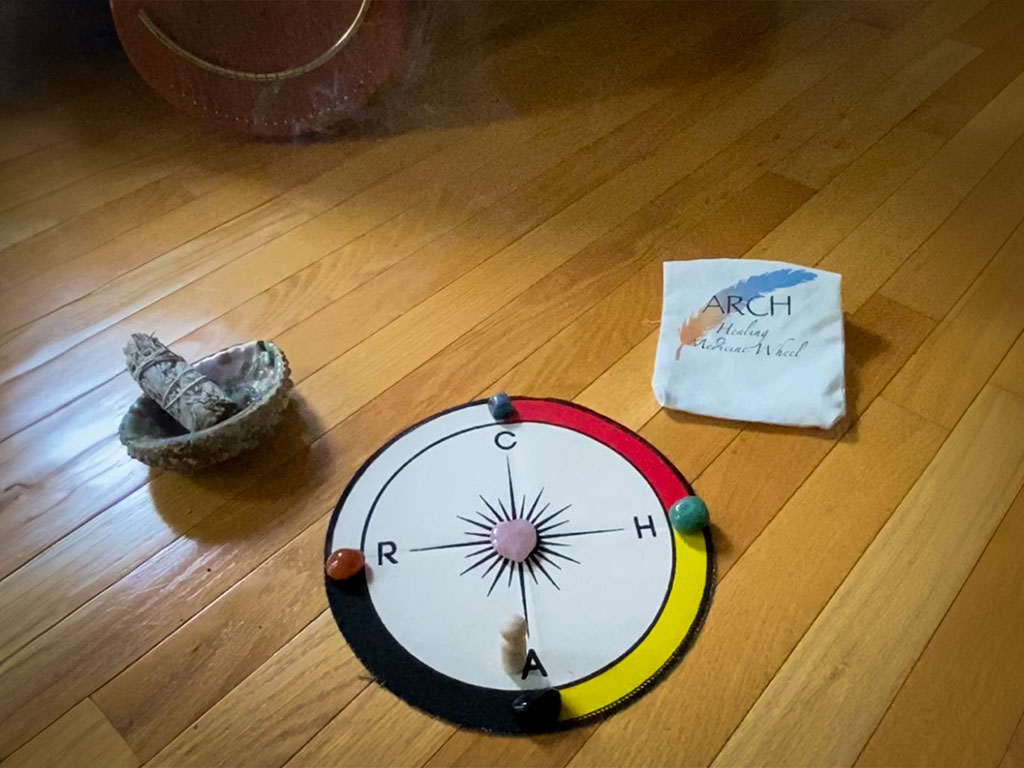How Acupuncture Can Help with Mental Health
Acupuncture, a key component of Traditional Chinese Medicine (TCM), has been used for over 2,000 years to treat various physical and mental ailments. While it’s often associated with pain relief, acupuncture is increasingly recognized for its potential to support mental health. This holistic practice, which involves inserting thin needles into specific points on the body, can be a powerful tool in addressing conditions such as anxiety, depression, stress, and insomnia. But how exactly does acupuncture affect mental health? Let’s explore its benefits and the mechanisms behind its effectiveness.
Balancing the Body’s Energy (Qi)
In Traditional Chinese Medicine, mental health issues are often seen as an imbalance in the body’s energy, or **Qi (pronounced “chee”)**. Qi flows through pathways called **meridians**, and blockages or imbalances in this flow can lead to both physical and emotional symptoms. Acupuncture aims to restore balance by stimulating specific points on these meridians. For example, anxiety may be linked to an imbalance in the heart or liver meridian, and targeted acupuncture points can help rebalance these energies, leading to emotional calmness.
Regulation of the Nervous System
One of the key ways acupuncture influences mental health is by regulating the nervous system. Research shows that acupuncture can:
– “Activate the parasympathetic nervous system”, also known as the “rest and digest” system. This reduces stress and promotes relaxation, making acupuncture particularly effective for people suffering from anxiety or chronic stress.
– “Decrease the activation of the hypothalamus-pituitary-adrenal (HPA) axis”, which is responsible for the body’s stress response. By calming this stress pathway, acupuncture can reduce the release of stress hormones such as cortisol, which is often elevated in individuals with anxiety and depression.
Promoting the Release of Neurotransmitters
Acupuncture stimulates the release of **endorphins**, the body’s natural “feel-good” chemicals. Endorphins are known to enhance mood, reduce pain, and create a sense of well-being. In addition to endorphins, acupuncture has been shown to regulate other neurotransmitters, such as:
– “Serotonin”, which plays a crucial role in mood regulation. Imbalances in serotonin levels are often linked to depression and anxiety, and acupuncture has been found to help stabilize these levels.
– “Dopamine”, which is associated with pleasure, reward, and motivation. Dopamine dysregulation is common in conditions such as depression, and acupuncture can support the body’s natural dopamine production, improving mood and motivation.
Addressing Anxiety and Stress
Acupuncture is highly effective in reducing symptoms of anxiety. Studies suggest that acupuncture helps to regulate the body’s response to stress by influencing both the **sympathetic and parasympathetic nervous systems**. For individuals with generalized anxiety disorder (GAD) or panic disorder, acupuncture can provide a natural way to calm the mind and body without the side effects associated with medications.
Additionally, by targeting specific acupuncture points such as **Yintang** (between the eyebrows) and **Shenmen** (on the ear), practitioners can help reduce anxiety, insomnia, and overthinking—common symptoms of mental health imbalances.
Treating Depression
Acupuncture can also be a valuable addition to depression treatment plans. Research shows that acupuncture, especially when combined with conventional treatments like therapy or medication, can enhance outcomes for individuals with depression. Acupuncture helps by:
– Reducing inflammation, which is often elevated in people with depression.
– Supporting the production of mood-enhancing neurotransmitters like serotonin and dopamine.
– Promoting relaxation and improving sleep quality, which are critical for managing depression.
Supporting Sleep and Insomnia Relief
Sleep disturbances are common in individuals experiencing anxiety, depression, and other mental health issues. Acupuncture has been shown to improve sleep by regulating the nervous system, reducing stress, and addressing the root causes of insomnia, whether they stem from anxiety, physical pain, or emotional unrest. Specific acupuncture points like **Anmian** (behind the ear) and **Sishencong** (on the top of the head) are known for promoting relaxation and improving sleep patterns.
Holistic Approach to Healing
One of the key benefits of acupuncture in mental health care is its **holistic nature**. Acupuncture treats the individual as a whole, addressing not just the mental symptoms but the physical, emotional, and even spiritual aspects of well-being. For example, someone suffering from anxiety might also experience physical symptoms such as headaches, digestive issues, or muscle tension. Acupuncture can alleviate these interconnected symptoms, offering a more comprehensive path to healing.
Integrative Approach to Mental Health
Acupuncture can be used alongside other mental health treatments, such as cognitive-behavioral therapy (CBT), medications, and lifestyle changes. Its versatility makes it an excellent complementary therapy. By addressing both the physiological and emotional aspects of mental health, acupuncture supports the individual in achieving long-term balance and wellness.
Conclusion
Acupuncture is a safe, natural, and effective way to support mental health. By balancing the body’s energy, regulating the nervous system, and promoting the release of neurotransmitters, acupuncture offers significant relief for conditions like anxiety, depression, and insomnia. As more research highlights the mind-body connection in mental health, acupuncture continues to emerge as a valuable therapeutic tool for those seeking a holistic approach to emotional well-being. Whether used alone or alongside other treatments, acupuncture helps individuals find balance, peace, and renewed mental clarity.
References:
Sun, B., Cao, X., Xin, M., & Guan, R. (2020). Treatment of depression with acupuncture based on pathophysiological mechanism. Journal of Traditional Chinese Medicine, 40(3), 479-485. https://doi.org/10.19852/j.cnki.jtcms.2020.03.017
Yang, Y., Chen, Y.-K., & Xie, M.-Z. (2020). Exploring the transformative impact of traditional Chinese medicine on depression: Insights from animal models. Journal of Ethnopharmacology, 256, Article 112798. https://doi.org/10.1016/j.jep.2020.112798
The Access Clinic for Wellness
Lynne Deschenes, MAC, Lic. Ac., is a dedicated acupuncturist and herbalist based in Byfield, Massachusetts. With a deep commitment to holistic healing, Lynne aims to help clients understand their bodies from an Eastern perspective. She offers personalized treatments for both people and horses, focusing on enhancing overall health and well-being. Whether you’re seeking relief from specific ailments or striving for a healthier lifestyle for yourself, your family, and your equine companions, Lynne provides compassionate care to support your journey toward optimal wellness.
Lynne Deschenes Mac. Lic. Ac.
Acupuncturist and Herbalist
19 Central St 2nd Floor, Byfield, MA
(978) 407-0204
Lynne.theaccessclinic@gmail.com
